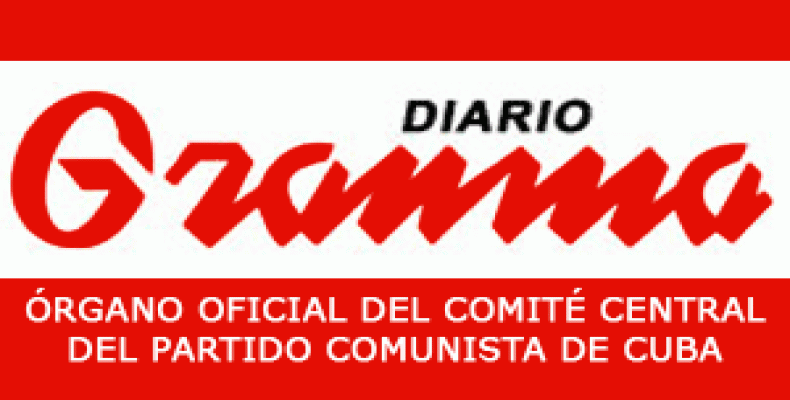Havana, November 20 (RHC)-- An article published in this morning's edition of Granma newspaper, entitled “The Odyssey of the American Dream,” addressed the situation of nearly 2,000 Cubans left stranded in Costa Rica, which have raised the concern of regional countries, currently trying to come up with a solution to the case.
A recent statement by the Cuban Foreign Ministry explained that the island's authorities are in contact with the governments involved in the event.
The coordinator of the Communication and Citizenry Department of Nicaragua, Rosario Murillo called for coordinated actions and the inclusion of the issue on the agenda of an ongoing meeting of the heads of state and government of the Central American Integration System.
Meanwhile, Costa Rica´s foreign minister Manuel Gonzalez announced that a ministerial meeting on the case could take place on Monday, November 23rd.
The Cubans involved in the event left the island legally towards different Latin American countries, but in their attempt to make it to the U.S. they became the victims of traffickers and criminals that take advantage of persons who want to emigrate to the U.S. from South, Central America and Mexico.
The trafficking in persons action was suddenly cut last week by Costa Rican authorities and over 1,000 Cubans were left stranded in the locality of Paso Canoas, in the border with Panama, where dozens of Cubans arrived every passing day.
After several days of protests, Costa Rica granted the Cubans a seven-day pass so that they kept on their route to the North through Nicaragua. But Managua took the action as an aggression and an attempt to forward the problem to its borders without any previous coordination, and tried to stop the Cubans by the use of police forces.
According to the article, since Washington and Havana announced on December 17th the re-establishment of diplomatic relations, the number of Cubans that arrived in U.S. territory began to grow.
This growth takes place as many consider that the days of the U.S. Cuban Adjustment Act are numbered in the new U.S.-Cuba scenario, and they try to make it to the North before they miss their so-called "American Dream," reads the article.
U.S. official figures show that nearly 27,000 Cubans arrived in that country through the Mexican border during the first nine months of this year, 78 percent more than in similar period of 2014. Entries by sea also doubled with respect to last year up to some 7,000 arrivals.
Despite the opening of a new chapter in bilateral relations between the U.S. and Cuba, Washington maintains its 1966 Cuban Adjustment Act, its dry-feet wet-feet policy for Cubans and a parole program to encourage doctors to leave their work in third nations. All these policies encourage illegal departures by offering a fast-track benefit to Cubans who arrive in US territory.
International media outlets try to politicize the humanitarian situation of the Cubans now stranded in Costa Rica disregarding or ignoring the real cause of the event.
Immigrating is a personal decision, but encouraging illegal immigration through selective policies as Washington does, is not a justifiable action.


